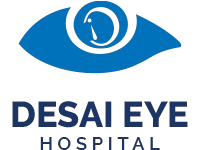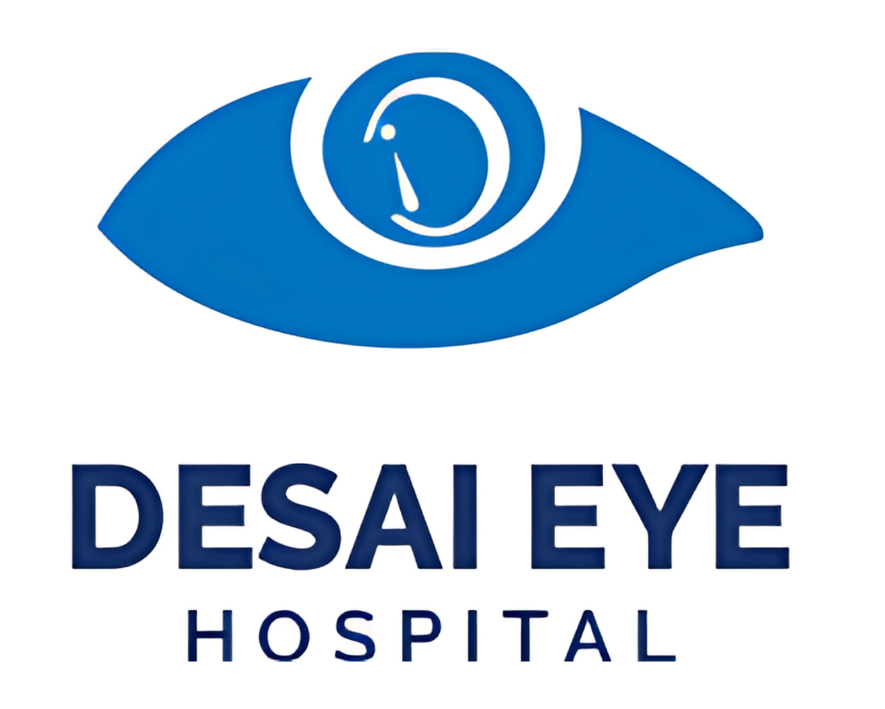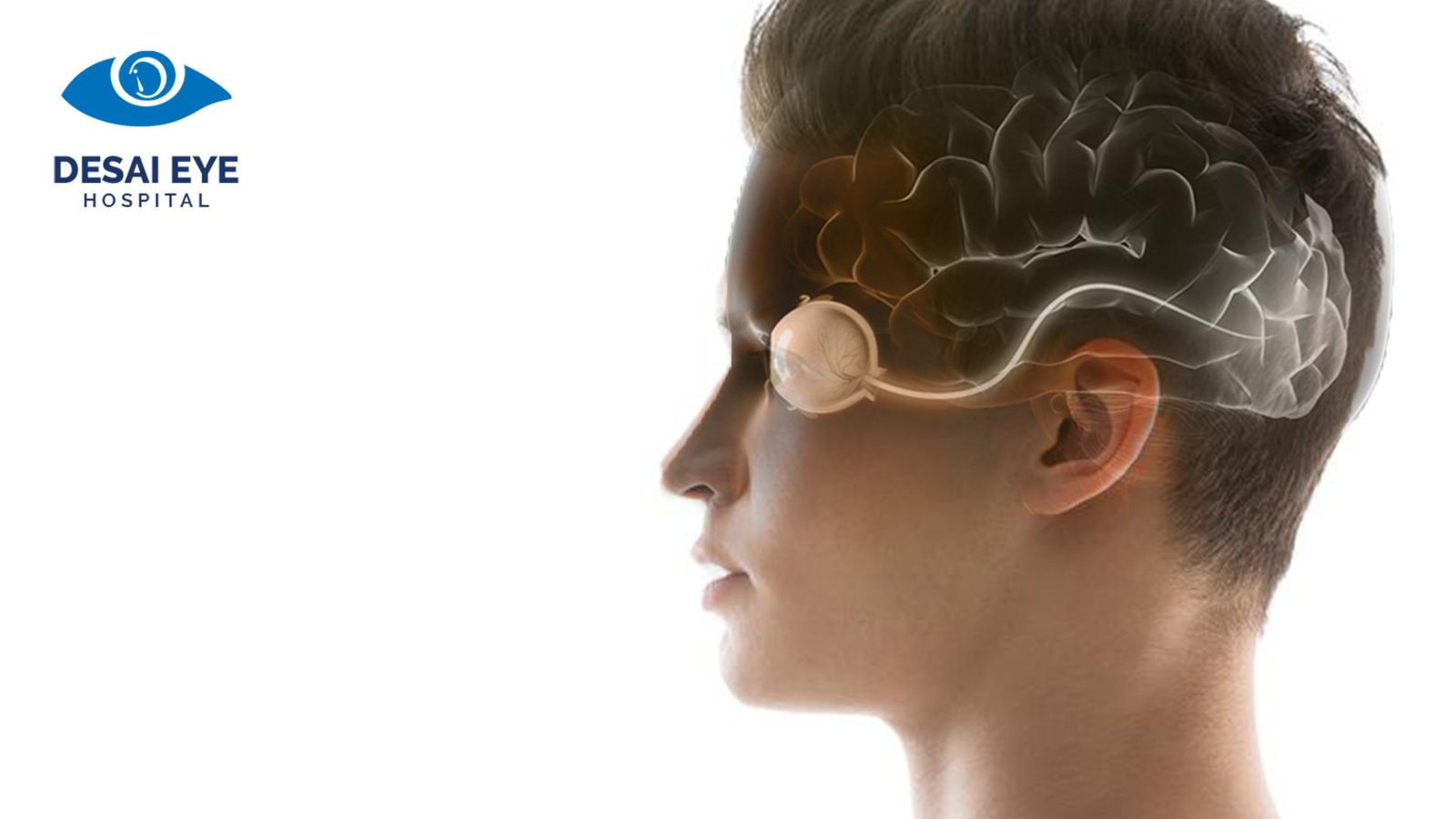Neuro-ophthalmology is a specialized branch of medicine that combines neurology and ophthalmology to diagnose and treat visual problems related to the nervous system. It focuses on disorders that affect the optic nerve, eye muscles, and the brain’s visual pathways. These conditions can cause a wide range of visual disturbances, which are often indicative of underlying neurological conditions.
What Causes Neuro-Ophthalmology Disorders?
Neuro-ophthalmic disorders can arise from several factors, including:
Brain Injuries or Tumors: Damage to areas of the brain that control vision, such as the occipital lobe or optic pathways.
Multiple Sclerosis (MS): MS can lead to inflammation of the optic nerve, causing optic neuritis, which disrupts vision.
Stroke: A stroke affecting areas of the brain responsible for vision can lead to visual field loss or double vision.
Diabetes and Hypertension: These conditions can affect the blood vessels that supply the optic nerve, leading to optic neuropathy or other vision-related problems.
Infections: Meningitis, encephalitis, or other infections that affect the brain or optic nerve can cause significant visual disturbances.
Genetic Disorders: Inherited conditions such as Leber’s hereditary optic neuropathy (LHON) can lead to optic nerve damage and vision loss.
Signs and Symptoms of Neuro-Ophthalmology Disorders
Symptoms of neuro-ophthalmic conditions can vary greatly, but common signs include:
Vision Loss: This could be partial or complete and may occur in one or both eyes. It often results from damage to the optic nerve or visual pathways.
Double Vision (Diplopia): This occurs when the brain receives two different images, often due to eye muscle or nerve dysfunction.
Optic Neuritis: Inflammation of the optic nerve, which can cause sudden vision loss, pain when moving the eyes, and color vision disturbances.
Visual Field Defects: These include blind spots, tunnel vision, or loss of vision in certain areas of the field.
Pupil Abnormalities: Dilated or constricted pupils that don’t respond to light properly may indicate neurological involvement.
Latest Research and Treatment Options
Recent advancements in neuro-ophthalmology include:
Improved Imaging Technology: Tools like optical coherence tomography (OCT) and MRI scans help in early detection and precise diagnosis of neuro-ophthalmic disorders.
Neuroprotection: Research is focusing on developing treatments that protect the optic nerve from further damage, particularly in conditions like multiple sclerosis and glaucoma.
Pharmacological Interventions: New medications are being developed to treat inflammation of the optic nerve, manage symptoms of optic neuritis, and slow the progression of degenerative conditions.
Surgical Approaches: In some cases, surgery may be required to address issues like optic nerve compression or to remove brain tumors affecting vision pathways.
Consultation at Desai Eye Hospital
Desai Eye Hospital offers expert care for neuro-ophthalmic disorders, with access to the latest diagnostic tools and treatment options. Our experienced specialists work closely with neurologists to provide comprehensive care. Schedule a consultation today to address any vision-related neurological concerns and ensure the best care for your eyes and brain!


